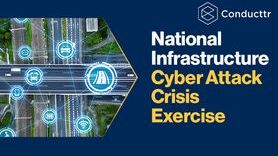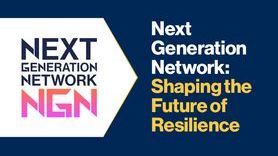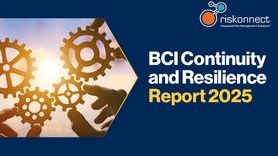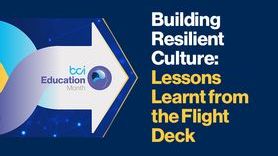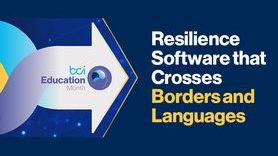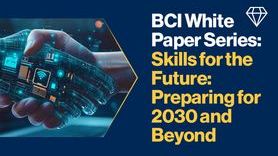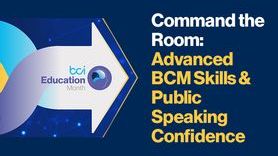Behind the Ballot: Education and Skills
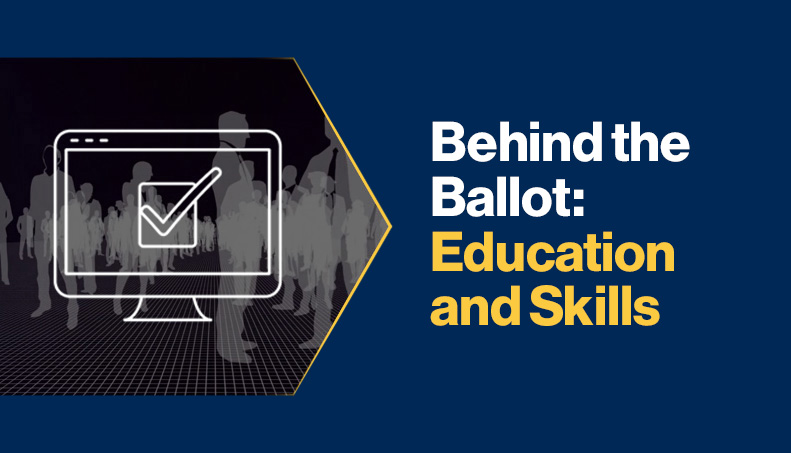
Our Members asked board election candidates: What steps should the BCI take to upskill its members (and staff) in AI, data analytics, and digital resilience?
Atiq Bajwa FBCI
The BCI should implement a comprehensive upskilling strategy across multiple delivery channels. First, integrate AI, data analytics, and digital resilience modules into GPG and the CBCI certification, ensuring all certified professionals possess baseline technological competency. Second, develop specialized short courses (2-3 days) on targeted topics like AI-driven risk assessment, predictive analytics for BIA, and cyber-resilience frameworks, offering flexible formats including virtual and in-person delivery. Third, leverage existing platforms by hosting regular webinars and dedicating special tracks at BCI World conferences where industry experts demonstrate real-world applications. This approach ensures members can engage at their current skill level while progressively building advanced capabilities essential for future resilience leadership.
Desmond O'Callaghan Hon FBCI
Members are always responsible for upskilling themselves, not only for technical knowledge, but also the leadership and management skills that form our competency framework. This is equally true for BCI staff. What the BCI must continue to do is to teach the concepts and approaches for practising BCM, as well as the relevance and application of various skills to it, including both how businesses are using AI to operate and how AI can be used to do BCM. As the relevance of AI, data analytics, and digital resilience evolves, so must course content, GPG updates, research output, webinars, etc. be refreshed and supplemented accordingly.
Federica Maria Rita Livelli MBCI
The BCI should invest in training and adequate certification, by establishing partnerships with universities and institutions able to provide ad hoc training and main recognised certifications at discounted price to be made also available to all the BCI members. It should also be interesting to explore among the BCI member if there are professional specialised in AI and relevant standard and regulations that can provide ad hoc modules sponsored by the BCI, as I normally do in Italy with many professional organizations.
Gregory Descamps MBCI
To upskill members and staff in AI, data analytics, and digital resilience, the BCI should take a structured and practical approach. First, it should review the answers submitted on the BCI Board Nominee Response Form to identify knowledge gaps, priorities, and areas where guidance is most needed. Second, enhancing access to curated content on the BCI website—including AI-assisted tools—can direct members to the most relevant information efficiently. Third, engaging with leading solution providers and industry experts ensures awareness of emerging trends in data analytics, information management, and digital resilience. Complementing this, tailored training, webinars, and practical case studies provide hands-on learning and real-world application.
Disclaimer: An AI tool was used to conduct grammar checks and refine the language in this response
Kelly Blakeley MBCI
The BCI faces the same challenge most organizations are facing which is keeping up with the evolving picture of technology, keeping up with associated regulations across a global geography and the human skills gaps associated with this area - all with the backdrop of a polycrisis landscape. With regards to AI at operational level, and now, many high-profile entrepreneurs are advising foundational prompt training for all staff to gain an understanding of how the models ‘think’ so that their capabilities can be used for innovation. I would add upskilling in tech literacy (ideally tech fluency), as a good place to start. The BCI is also an enabler by its nature of many companies who are leading the way in digital resilience - as a professional body, we facilitate the alignment of resilience with tech, and the associated guidance.
Maura Santunione MBCI
The BCI could adopt a multi-faceted approach centered on partnerships and tailored education: - Strategic Alliances and Content Curation: Cooperate with high-level educational institutions and leading technology organizations to jointly develop and promote the appropriate use of these technologies. - Develop Targeted Certification Pathways: Create specialized education paths focused on Digital Resilience and the seamless Integration of Resilience principles into digital strategy. - Internal Capability Building (Staff): Prioritize upskilling BCI staff internally in data analytics and AI governance to ensure the guidance they create remains current and authoritative, elevating the community's supporting function. - Launch Awareness and Cultural Campaigns: Work actively to build awareness and foster an Integrated Resilience culture across the membership base through webinars, shared case studies, and localized events.
Mohamed Hassan MBCI
To strengthen the community’s knowledge and readiness for emerging technologies, BCI can launch a series of webinars, research initiatives, and thought-leadership sessions focused on AI and emerging technologies in BCM and Resilience. It can also develop tailored training programs addressing the practical applications of AI, automation, and analytics within the resilience domain. Collaboration with BCI’s technology partners should be encouraged to host dedicated sessions sharing best practices for adopting emerging technologies responsibly. BCI could create an online collaboration platform, similar to the mentoring hub, where members can exchange experiences and seek professional guidance across sectors. Developing formal AI good-practice guidelines would also help standardize the responsible use of AI in BCM, highlighting benefits, risks, and ethical considerations. Finally, BCI could consider launching its own Resilience AI tool, trained in expert BCM content, similar to PMI’s AI assistant for project managers.
Disclaimer: An AI tool was used to conduct grammar checks and refine the language in this response
Rajesh Pillai MBCI
To upskill members and staff in AI, data analytics, and digital resilience, BCI should adopt a multi-tiered approach combining education, certification, and practical application. First, develop specialized learning pathways that integrate AI ethics, predictive analytics, and automation within continuity frameworks. These should include certification programs endorsed by global standards to validate competency. Second, launch interactive workshops and scenario-based simulations to provide hands-on experience in applying AI-driven tools for risk modelling and crisis response. Third, create digital knowledge hubs featuring curated research, case studies, and toolkits to ensure continuous learning. Fourth, foster strategic partnerships with technology providers and academic institutions to deliver cutting-edge insights and innovation labs. Finally, embed mentorship and peer-learning networks to encourage collaboration and knowledge exchange. By combining structured training with practical exposure, BCI can empower professionals to lead confidently in an era of digital transformation.
Disclaimer: An AI tool was used to conduct grammar checks and refine the language in this response. It was also used to assist in drafting the responses. AI served strictly as a writing aid, not for generating original ideas or decision-making. Ethical use and transparency were prioritized.
Sanjay Vijayaraghavan KV MBCI
The BCI can help members and staff build skills in AI, data, and digital resilience by: - Offering short, easy-to-understand courses and webinars that show how these tools can be used in real situations. - Working with tech experts and universities to bring in fresh ideas and practical insights. - Creating a space for members to share their own stories, challenges, and lessons. - Teaching people how to think critically about data and AI, not just how to use them. - Reminding everyone that technology supports people and it doesn’t replace them. By keeping learning simple, practical, and human-focused, the BCI can help its community feel confident using new technologies in their resilience work.
Simon Contini FBCI
The BCI could consider building an AI pathway and integrating part of it with CPD to ensure completion recognition. Other approaches the BCI could offer: - Microlearning module on AI ethics, prompt engineering, building assistants, RAGs and chatbots - Real-world labs and simulations - Form strategic relationships with Microsoft for copilot - Explore feasibility of building relationships with AI training organizations to build tailored courses via training network - Building a AI skills maturity tool that helps advise where and how to start - Understanding the future roadmap of current CPG and how the elements will change and evolve with AI, will allow the training to be adaptive with this.
Disclaimer: An AI tool was used to conduct a grammar and spell check in this response.



